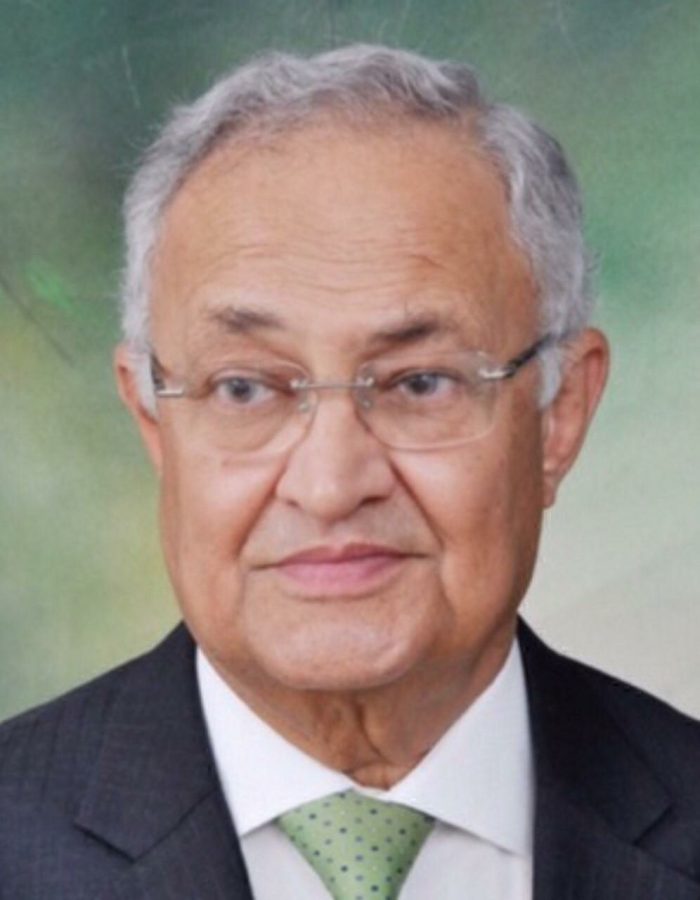Nisar A. Memon
COVID-19 suffocates the world and takes away our near and dear ones from us irrespective of color, caste, creed and color of the skin. There are seven oceans providing oxygen we breathe therefore they are called ‘the lungs of our planet’. The surface of the Earth is approximately 29.1% land and 70.9% water – which is divided into large bodies termed ocean.
Today – June 8, we celebrate World Oceans Day to remind us of the major role ocean plays in our everyday life. It is also a day to celebrate the beauty, the wealth and the promise of the ocean and towards this the theme this year is: Innovation for a Sustainable Ocean.
It is a way to celebrate our world’s shared ocean and our personal connection to the sea, and ways people can help protect it. Every year under the auspices of United Nations, awareness is raised by sharing the actions and programs planned to ‘save life below water’ (Sustainable Development Goal – SDG 14), the nature’s wealth and economic opportunities for travel, food, pearls, sports etc but also help preserve ‘life on land’ (SDG 15).
Pakistan has a comprehensive Vision 2025 developed in 2014 which for Oceans includes: institutional development, human resource development, capacity building, facilities acquisitions for research for monitoring sea level variations along Pakistan Coast and assessment of natural hazards due to climate change. Later, our ocean specialists developed ‘A Sustainable Ocean-lead Development Paradigm for Pakistan,’ for Blue Growth.
Our challenge is to continue implementing vision and plans for the good of the country which has only one ocean ‘Arabian sea’ with 1,046 km coastline from Thatta and Karachi in Sindh to Gwadar and Jiwani in Balochistan.
This can be done by the government, educationists, scientists, civil society, museums, sports, tourism, and all other institutions and citizens related to oceans. Our key institutions for oceans need strengthening are: Institute of Marine Science, Karachi University for education, National Institute of Oceanography for research, and Pakistan Marine Academy for security.
An Australian scholar suggested that the term ‘Indian Ocean’ is inappropriate. He argued that this ocean expanse is a ‘string of closely related regional systems stretching from East Asia around the continent and across the Indian Ocean to East Africa to which a new generic name, such as the Asian Sea might well be given’.
Yet another eminent scholar in his book ‘The Indian Ocean’ suggests replacing the ‘Indian Ocean’ with ‘the Afrasian Seas’ to avoid assuming Indian centrality as implied in the Indian Ocean term, or Arab dominance as in the Arabian Sea. Instead, he suggested naming it ‘the Afrasians’ which is all inclusive, taking in not only the Asian shores but also the often ignored area of East African coast.
The Indian Ocean or Arabian Sea therefore need to be renamed to represent the reality of its geographic position which stretches from China, Australia, Bangladesh, Sri Lanka, Maldives, India, Pakistan, Iran, Oman, and many other countries and islands as it goes to Africa.
The ocean and its highways truly embody a ‘Common dominion’ shared by 193 United Nations member states inclusive of coastal, hinterland and even landlocked countries. The intercontinental maritime highways are lifelines that drive the global economy and prosperity. Oceans now frequently unleash nature’s fury in the form of tsunamis, cyclones and other natural disasters. These disasters require a shared regional, if not global response, to mitigate the wide-ranging impact on coastal communities; Indian Ocean tsunami of 2005 being just one of such examples.
This year’s theme is especially relevant in the lead-up to the UN Decade of Ocean Science for Sustainable Development which will run from 2021 to 2030. The Decade will strengthen international cooperation to develop the scientific research and innovative technologies that can connect ocean science with the needs of society.
But above all, we need to allocate sufficient funds in our upcoming government budget for preserving Indus Delta, sustainable offshore oil exploration and fishing industry development; besides individuals and institutional commitment of ‘My Ocean Pledge’ to help save ‘AFRASIAN OCEAN’
The writer is former, federal minister and senator










